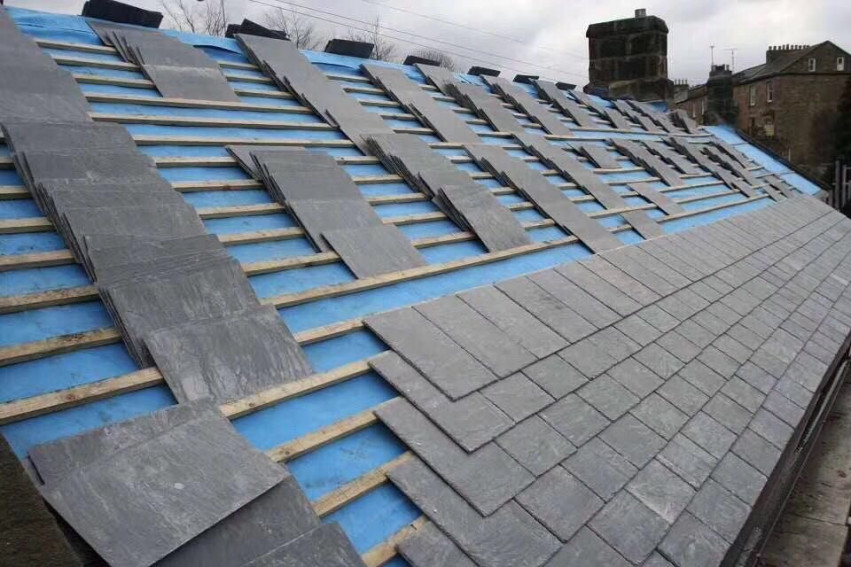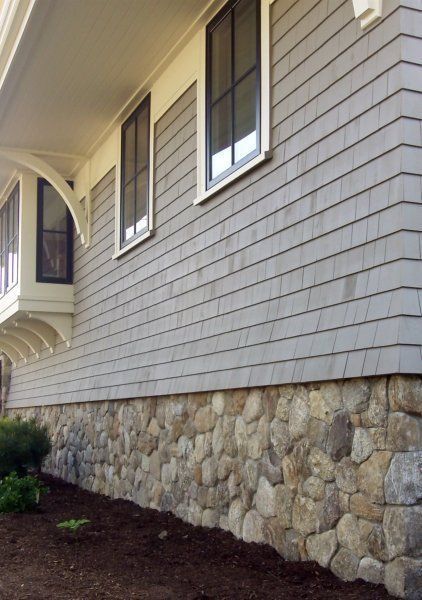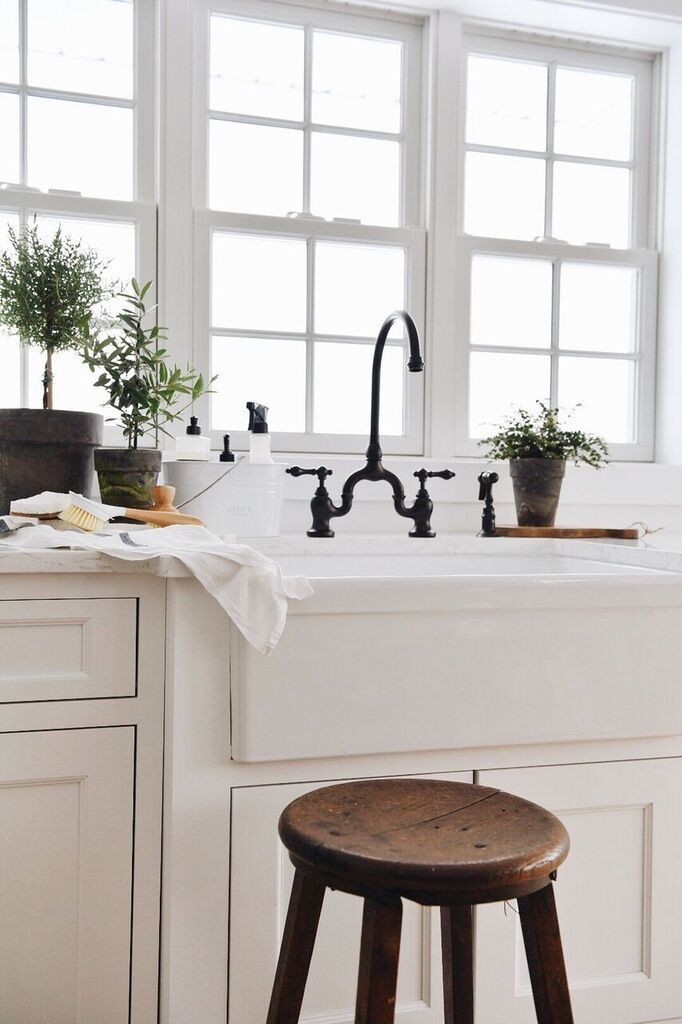How to Handle Problems and Repairs When Buying a New Home
When you’re buying a home, you usually hope to find something perfect. However, a perfect home may not always be in perfect condition, and new homebuyers may not know how to go about getting issues repaired. Should the seller fix those issues before you make an offer? Or should the buyer be responsible for home repairs later?
These are common questions homebuyers have, and knowing the answers can save you money and keep you from buying the wrong home. Before you make an offer, know which steps to take to address some of the most common home repair issues:
Dealing With a Damaged or Defective Roof
Let’s start at the top with one of the most important areas you need to inspect. As you are inspecting the roof, be sure to look for signs of potential problems. Are there any shingles curling or showing signs of wear? Are shingles missing? Does the roof look old, or are there signs of a potential leak? These questions can help you determine whether a local contractor will be needed to inspect and remedy any issues. That can help you determine whether the cost of repairing the roof should be factored into your offer on the home. Do keep in mind that prices vary depending on the size of the roof; for example, a 1,700-square-foot roof replacement can cost $6,000 to $9,350. You could ask the seller to fix or replace the roof, as well, but be aware of some pros and cons of buying a home with a damaged or defective roof to avoid future headaches.

Repairing Foundation or Structural Problems
When you are thinking of making an offer on a home, your next step should be to have a home inspection performed. This is an expense you will need to cover as a buyer, but investing in a detailed home inspection can alert you to potential problems that can be difficult to spot outright, including foundation issues. Structural issues can be caused by a variety of sources, including water damage and pest problems, but if any show up in the inspection, you need to proceed with care. If the latter is the case, you can reasonably ask the seller to cover the costs of repairs, as well as any fees associated with a professional exterminating service. Whatever the cause for structural problems on a potential property, know that if you do not include repairs in your negotiations, you could be covering some hefty repair costs depending on the job and the material. For instance, while average repairs to a foundation wall can cost $5,000 if using carbon fiber, the cost of repairing with steel can be around $15,000.

Understanding Minor vs. Major Plumbing Repairs
In order to avoid dealing with costly repairs after you close on a home, it’s wise to make sure your home inspection covers all areas. This may mean having a sewer inspection performed, as well, especially if the home you are considering is an older house. You can expect to pay $220 to $770 for this inspection, but that extra cost will be well worth it if your plumber does spot a major issue with the sewer line running to the home. When it comes to plumbing repairs, replacing a sewer line can be one of the most involved and costly issues for homeowners. So if your inspection comes back with this or any other major plumbing issue, you should seriously consider negotiating repairs with the seller. This can mean asking the seller to repair the issue before closing, requesting a price reduction or alternate compensation, or seeking a home warranty. Your realtor can help with these negotiations and help get the best deal.
Repairs aren’t always a reason for buyers to walk away from a home. Knowing how to deal with those repairs, however, is a must for buyers looking to avoid overpaying or covering repair costs on their own. So, don’t let potential problems keep you from living in your perfect home!
Photo Credits: Pinterest

About The Author
Jim McKinley is a retired banker with almost 30 years of experience. He created MoneywithJim.org to share his advice and other resources on a variety of financial topics. In his spare time, he spends time with his family and his dogs.


.png)

